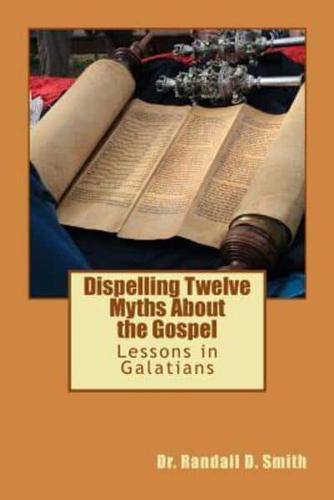Publisher's Synopsis
The Epistle of Paul to the Galatian church may be the most misunderstood writing of the first century collection of the Christian Scriptures. Today, many modern Christians miss the basic message of the book and replace it with some unholy license to act in ways that are at least doubtful and at most heretical. The book has often been used to create a negative view of the Hebrew Scriptures - though the ancient scrolls were clearly called "holy, perfect and righteous" in other places in the Bible. Sadly, many believers have simply been taught a "Law bad, grace good!" view of the Bible based on errant teachings derived from the misunderstanding of the Galatian letter. Yet Paul loved the law and wasn't trying to "wiggle free" from the Torah at all. Nor was he trying to get the Gentile believers to begin to keep that law - an issue settled in the Jerusalem Council recorded in Acts 15. The central issue of the letter was the careful explanation of how the "good news" of the Gospel should be defined and applied to both Jew and Gentile. Paul argued that God created a new way to breach the gap between man and God caused by man's rebellion in the Garden of Eden long before. God fully accepted all who completely trusted Jesus' death to satisfy the judicial judgment of Heaven. Confusion stemmed from the fact that God replaced the well-established atonement system (a continual but incomplete set of sacrifices set up for Israel long before in the Levitical code of the Law) and replaced it with complete justification - no longer covering sin but now removing it forever. Though the complete satisfaction of all debts before God were paid for by the blood of Jesus, there was only one requirement that God still maintained - our surrender to His way of finding Him. No other religious, moral or sacrificial pursuit would be accepted - for that was another exercise of rebellious resistance against solely trusting God's way to save man.










